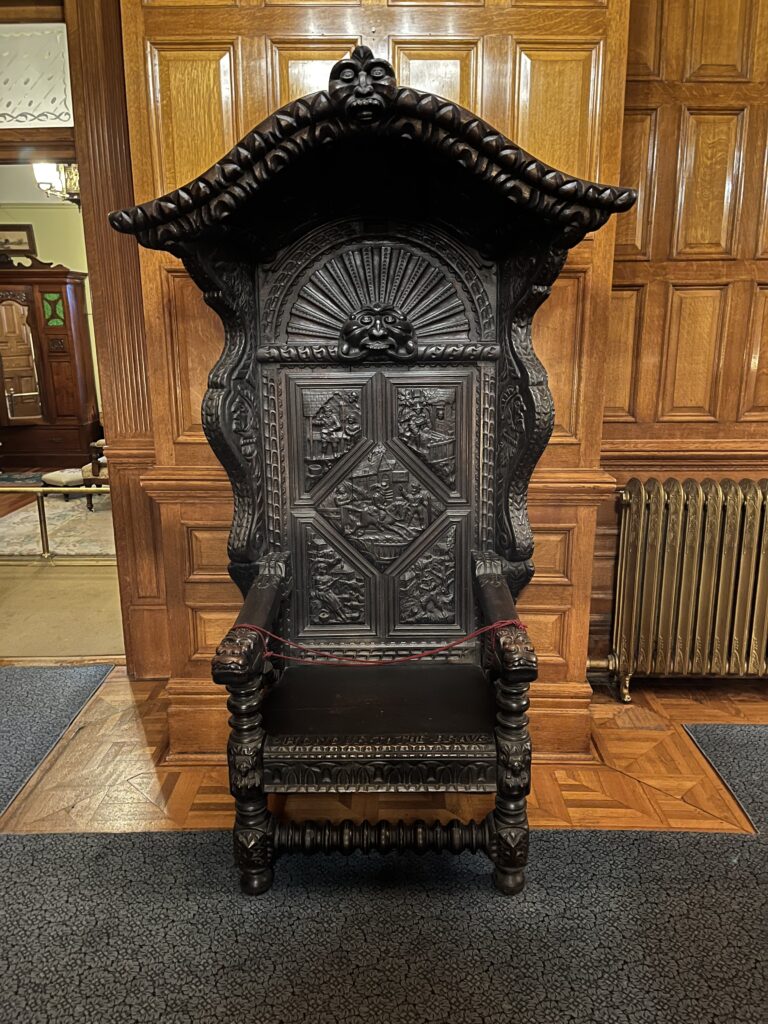I’m reading as far as I can before my head hurts. Dietrich, in ETHICS, uses words I never use so this is a slow go but I know he also saw what I have missed. I was not yet born while he was writing this book and his circumstances were serious. His position in the church was serious as was his leadership in instruction. He was appreciated and loved by good people who were living in these dire times and understood what he was communicating. I’m wondering if he had an unusually high IQ or was more spiritually aware. When I was in grade eight, I was pulled out of class by the principal. That was scary because I behaved and tried to fly under the radar. Two other students and I had been identified as having the highest IQ’s in our class of – I’m not sure. Today’s enrollment in grades 6-8 is 799. Maybe they’ve added buildings but my guess is between 200-300. What an honor and I did not appreciate the significance. My parents expected me to do my best and so did I. I’m guessing there was some requirement for extra enrichment but it never materialized. I did, however, get out of class often for extra curricular projects and I felt trusted by my teachers. That was a segway and I had forgotten that episode in my life. They gave me the number but it does not sound very high yet, I grew up in a very poor school district. I just checked a chart and my number is very high. The best gift God gave me is a sound mind. I’ll take it. I’m never the nicest or the prettiest but my thinker is working! Today’s reading from ETHICS is from pages 85-99. This section is under Ethics and Formation. I have been stumbling around on what exactly Dietrich meant with ‘formation’. Ryan Huber wrote a book review on ETHICS, stating that one must understand the book through the lens of formation and offers a way between virtue ethics and character ethics. Formation is defined as “the reality of Jesus Christ, who became human, was crucified, and is risen, taking form through the Holy Spirit in Christ’s church, the body of Christ”. Huber identifies encounter, confession, discernment, and community as four key elements of Bonhoeffer’s concept of formation.

Who is on the throne?
I had several titles for this writing and will list them here: Defection from Christ, Genuine Decay, Force of Order, Void, Western Godlessness, A Religion of Hostility to God, Human Arrogance, and Unity Destroyed. What is important is how Christ takes form among us here and now. “The ‘among us’, the ‘now’ and ‘here’ is therefore the region of our decisions and encounters”. I should add that when Dietrich refers to the WEST he does not mean America but Western European nations. “In our historical identity , therefore, we stand already in the midst of Christ’s taking form”. “Moreover, in the incarnation of Christ the assurance is given us that Christ is willing to take form amongst us here and today”. “The Church is the place where Jesus Christ’s taking form is proclaimed and accomplished”. “Man himself is set in history and it is for that reason that he now asks himself about the present and about the way in which the present is taken up by God in Christ”. “The historical Jesus Christ is the continuity of our history”. Rom 11:22, “Note then the kindness and the severity of God: severity toward those who have fallen, but God’s kindness to you, provided you continue in His kindness. Otherwise you too will be cut off.” What follows in scripture is a section on the mystery of Israel’s salvation. “And it is the world that God took to Himself in the incarnation, the world which God made use in order to spread far and wide the Christian message”. Dietrich then turns his attention to the Reformation and Germany. His hope was that acceptance of this historical heritage would draw all Western European countries together. He also discusses how unchanged the Roman Catholic Church was during this chaotic time. He talks about Popes and Emperors trying to work in unity over time however Luther shattered the whole structure of the church, which was founded on Roman tradition. Corpus Christi is in south Texas on the coast. There is also a Corpus Christi in Florida, also on the coast. In ETHICS, the Latin meaning of Corpus Christi is, literally, the body of Christ. “In His Church (the body of Christ) Christ rules not by the sword but solely with His word”. The following dialogue goes, richly, into the importance of the Word of God as the foundation and form of Christ and His church. “The sword can never bring about the unity of the Church and of the faith. Preaching can never govern nations”. Dietrich talks about the original message of the Reformation is that there is no holiness in man apart from Christ. He traces the French Revolution and intellectual clarity by authors of the time who were or were not believers. What I found interesting as he traces history is he calls the ‘unparalleled rise of technology’ the age of machines. Those advances in the ‘west’ are compared to the lack of progress in Muslim nations (he spelled it Moslim) and compared man’s growing dependence on himself and his achievements and the drift away from the one true God.
